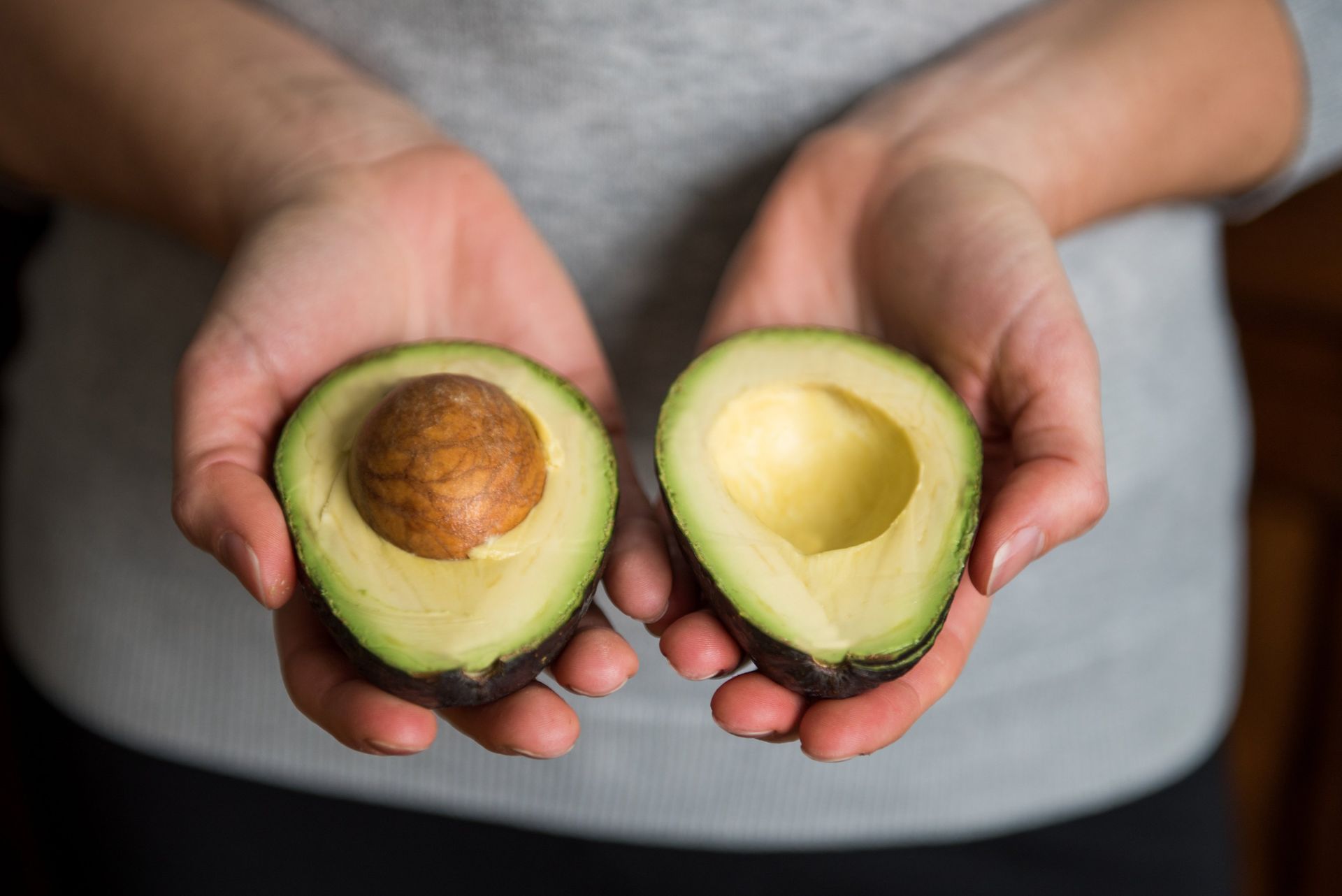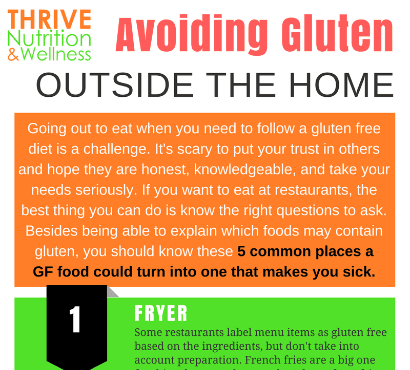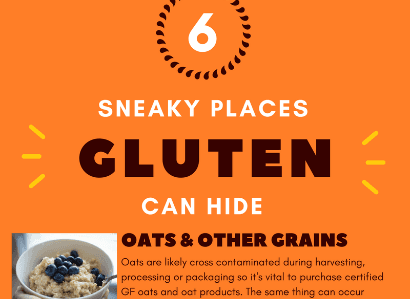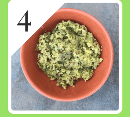Get Tested Before Going Gluten Free
- By Andrea Langston, MS, CNS, CDN
- •
- 05 May, 2018
- •

Current studies estimate that celiac disease (CD) affects anywhere from one to two percent of the US population, and as many as 85 percent of those who have it are undiagnosed.
Although there are some with celiac disease who appear to have no symptoms, many people who have CD will realize effects of the gluten free diet quite quickly after eliminating this protein from their diet.
Some people try out a gluten free diet on their own to see if it makes them feel any different, and that is not a bad approach to take. HOWEVER, it is very important to understand that in order to receive accurate test results for celiac disease (including serological (blood testing) as well as endoscopy and biopsy) you MUST be consuming gluten at the time of the test. (If you are not eating gluten, your body will not be producing antibodies to it which is what the tests detect.)
If you suspect you have CD and have not yet begun a GF diet, please get tested before doing so! It can be very difficult to go back to eating gluten after you understand how much better you feel on a gluten free diet.
If you eliminated gluten from your diet long ago and have never been tested but know it impacts you, you have a decision to make. Do you need to have a definitive diagnosis or are you comfortable not knowing for sure whether you have celiac disease or a sensitivity?
Some people may need a diagnosis in order to help them stick with the diet, feel comfortable that it is in their medical records should anything happen to them, etc. If this is you, and you really want that diagnosis, you are going to have to undergo a “gluten challenge” where you consume gluten again for several weeks before testing to see if your body is producing antibodies to gluten and if it is damaging your small intestine. Many people feel that this would debilitate them so badly that they could not go through it. It is a personal decision and may depend on how long you have been gluten free. Often the longer someone is strictly gluten free, the more sensitive they feel they are to even trace amounts of gluten.
You can also undergo genetic testing which is usually done with a simple blood test. If you have the HLA DQ2 or HLA DQ8 genes, you are more susceptible to CD. It does NOT mean you have active celiac disease. However, a negative test excludes your possibility of developing CD and can be valuable information. If you find out that you do not have the genes for CD, but you know that gluten bothers you, you know that you are dealing with non-celiac gluten sensitivity which is finally being recognized as a real disorder. Gluten is still a problem for you, but you are not dealing with an autoimmune disease.
One more note – you can be negative for celiac disease at one point in time and develop it later. The Celiac Disease Foundation recommends that anyone who has a first-degree relative with CD and has one or both of the genetic markers be tested every 3-5 years.
© 2018 Thrive Nutrition & Wellness, LLC

















